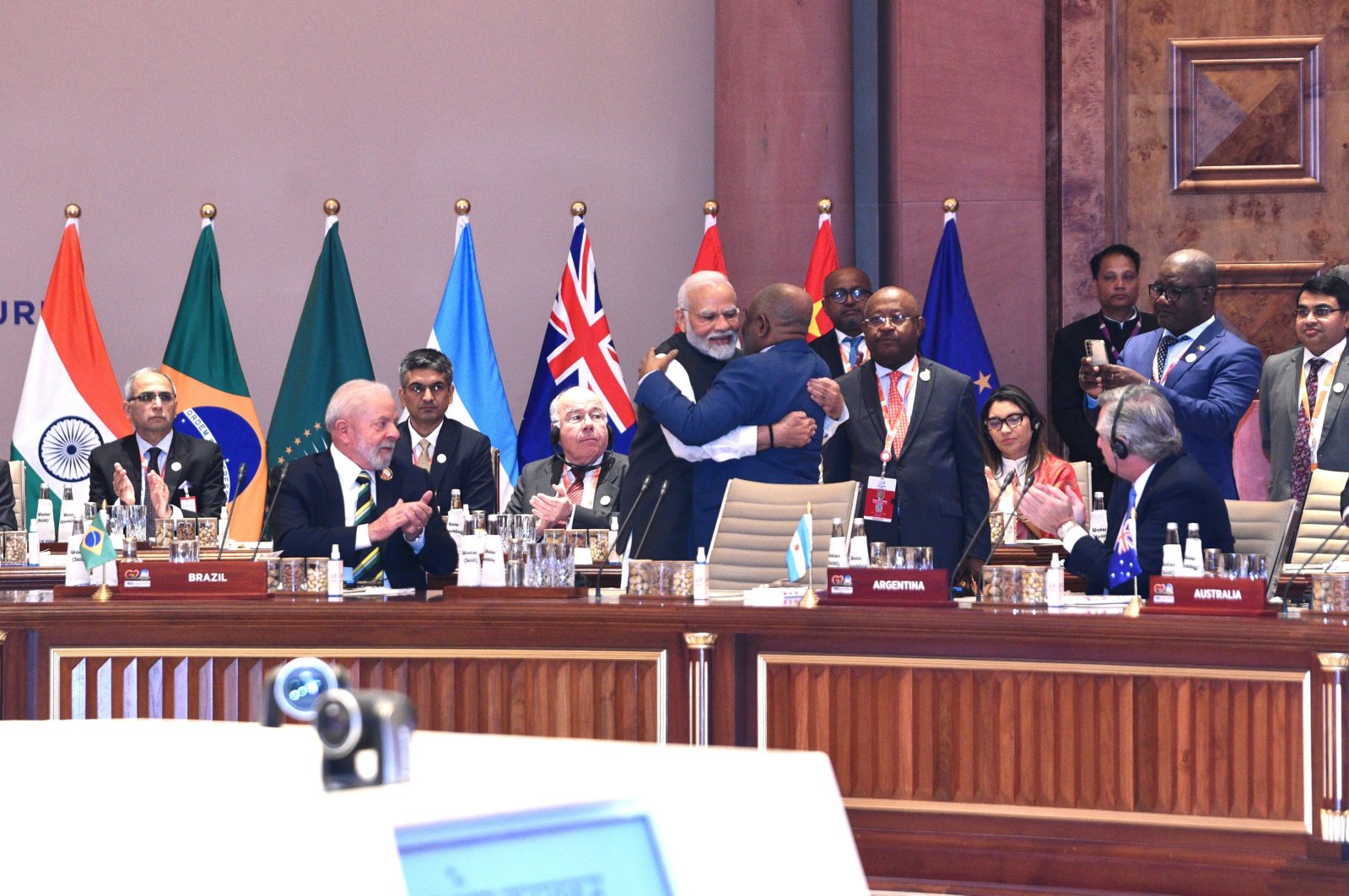
Welcoming the African Union to the G-20 is a mutually beneficial move as African nations can enhance policy coordination and global representation
There is no better time than now for the world to push the African Union (AU) to join the G-20. The participation of the Global South in economic and development issues is gaining strength as an increasing number of countries are tired of picking sides in big power games, particularly in the Ukraine conflict. African countries are getting a better representation on multilateral platforms, including BRICS. Africa still badly needs finance to recover from the COVID-19 pandemic and deal with climate change. In this sense, G-21 is a notion that no country would reject and is a win-win idea.
Joining the G-20 could catalyze the African continent to enhance cohesion and coordination. Being in a group with a unified representative means African countries must provide a clear and unified stance over various issues, ranging from development finance to climate change and, of course, the Ukraine conflict. The AU, as an inter-governmental body, currently is not necessarily capable of shouldering this responsibility. The European Union (EU), also a member of the G-20, is a different story, as it is a supra-national political entity empowered by the sovereign states in Europe. It could take some time for the AU to settle down on a suitable institutional arrangement under the framework of the G-20, which, in turn, could be a golden opportunity for African countries to sit down and talk over these long-term issues.
Africa needs a stronger voice on international platforms to address near-term issues. It is never easy to talk money, but take climate finance for example; the African continent only received 3% of global climate-finance inflows between 2016 and 2019, far short of the funding needed to implement its contributions under the Paris Climate Agreement. To address these issues, the United Nations is too diverse; the International Monetary Fund (IMF) is too Washington-centric. Also, some state-to-state negotiations come with political strings attached. BRICS is a meaningful supplement, but it is still part of the South-South cooperation. The G-20 is known for its effectiveness in addressing economic and development issues. Its achievements include the call for policy coordination in the aftermath of the 2008 global financial crisis, the distribution of COVID-19 medicine and vaccines, and the policy incentives in realizing the U.N. 2030 goals for sustainable development. The G-20 is a capable and responsive multilateral platform. The G-20 and Africa would benefit from discussions over the continent's serious proposals for global issues.
Any practical economic and development projects in Africa require close consultation and coordination from African countries. One apparent reason behind the ineffectiveness of aid programs in Africa is the lack of localization. Currently, South Africa is the sole African permanent member of the G-20, and its interests cannot cover the entire African continent. In comparison, the EU is the only regional organization with membership in the G-20 despite having three G-20 members – Germany, France, and Italy. Besides, resolving global issues, including climate change, global pandemics, extreme poverty, energy shortages, and debt issues, all require a more active involvement of African countries. Africa is not just at the receiving end of aid programs but also a key player in addressing global challenges.
Embracing the AU as a new member of the G-20 is undoubtedly a win-win situation. African countries can take this opportunity to enhance policy coordination and promote their representation in global governance. The rest of the international community should keep the momentum of South-South cooperation and push forward the proposal promptly. After all, it would benefit humanity without touching any established interests.
*Host of CGTN Radio, U.N. correspondent based in New York
